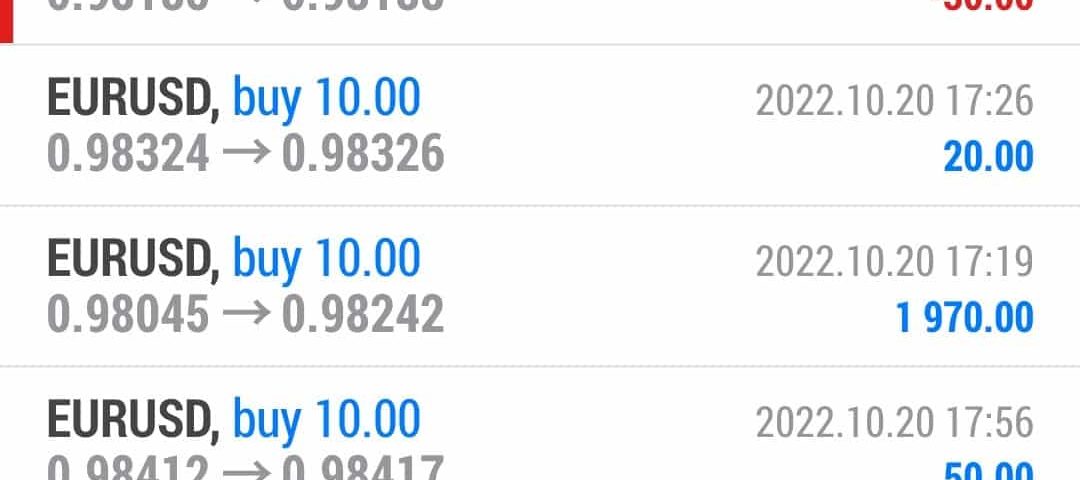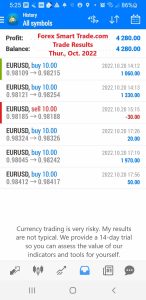We showed the examples this way to keep the focus on how the broker offloaded its market risk.
So how do A-Book brokers make money?
Unlike a B-Book broker, an A-Book broker does NOT make money when its customers’ trades lose.
But an A-Book broker is not a charity. It’s a business and needs to generate revenue.
Understanding how a broker generates revenue helps you understand their incentives. And focusing on the incentives will help you assess whether their interests align with yours.
Now that we have explained the risk transfer process, let’s add in more details and see how A-Book brokers actually make money.
How A-Book Brokers Make Money
When a broker acts as an “A-Book broker” if a customer clicks “Buy” for an asset (e.g. currency pair), it:
- immediately sells the asset to the customer, either at the same price that it receives from its LP (with a “commission”) or with a markup (with no commission). and then
- immediately buys the currency pair from the LP for its own account and records that transaction in its own trading book.
If your broker is not taking any risk on the trade, there are two primary ways for an A-Book broker to make money:
- Commission
- Spread Markup





